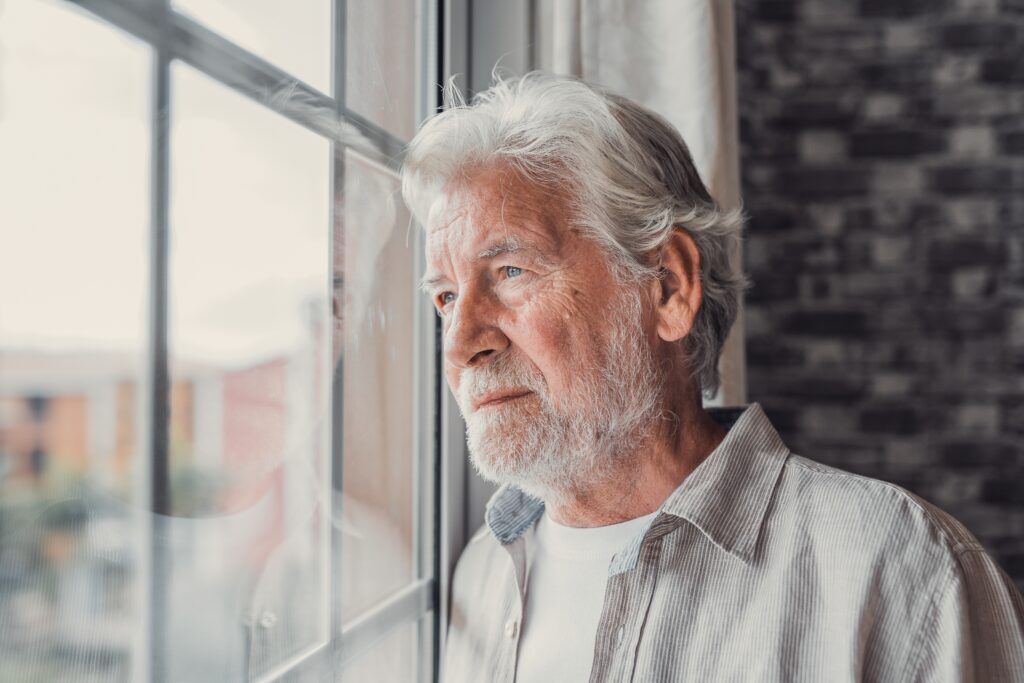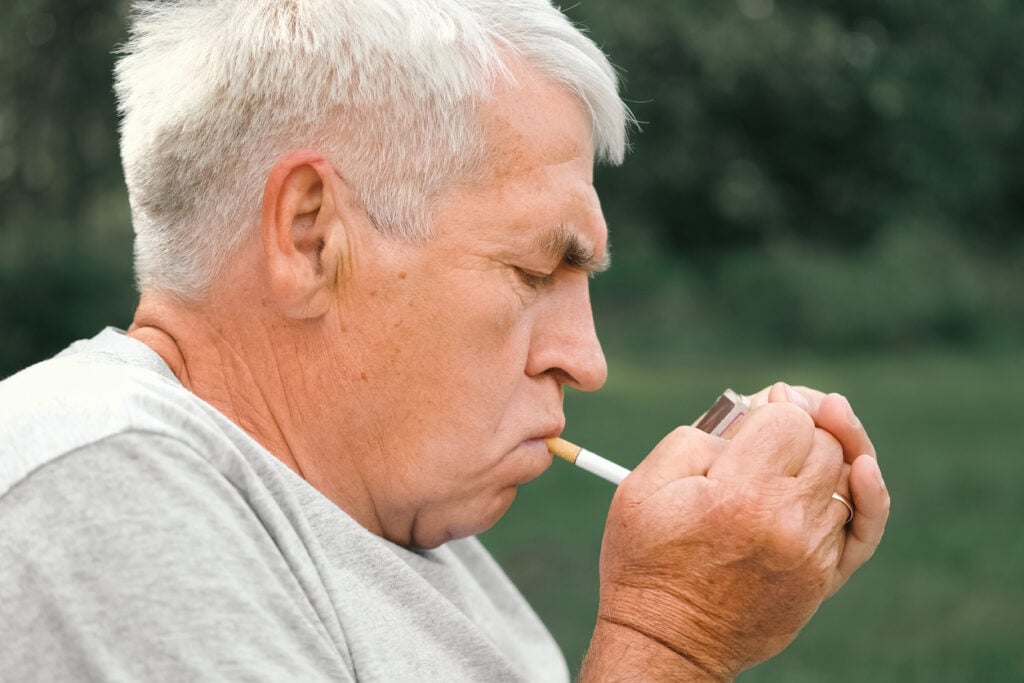Discover the surprising habits, biological factors, and lifestyle choices that make men age faster than women.

Wait, hold up—there’s some conflicting science here about who actually ages faster. A University of Jyväskylä study found that men are biologically older than women of the same age, largely due to smoking and body size differences. But when it comes to visible aging, the story flips: men actually have 25% thicker skin on average thanks to higher testosterone levels, according to research on hormonal differences. The plot thickens when you realize that while men might age faster internally, they often look younger longer due to collagen density. So what’s really going on with male aging?
If you’ve ever wondered why guys often look older than their same-age female friends, buckle up. The truth isn’t always pretty, but knowing it might just help slow the clock.
1. Evolution may have programmed men to age faster.

Historically, young men faced higher accidental death rates, meaning fewer of them lived to old age. Over time, evolution may have prioritized survival in youth rather than longevity, leading to an accelerated aging process. In contrast, women, who often lived longer due to reproductive roles, may have evolved to age more gradually. While modern medicine has extended life expectancy for men, the biological blueprint may still be working against them, causing them to show signs of aging more quickly.
2. Testosterone helps when you’re young, but estrogen keeps women youthful longer.

Testosterone gives men thicker skin, more muscle mass, and a stronger jawline in their youth. But over time, its benefits fade. Women, on the other hand, have steady estrogen levels for a longer period, which helps maintain skin elasticity and moisture. That means fewer wrinkles and sagging compared to men. When testosterone declines, men’s skin loses firmness at a much faster rate, making the effects of aging more noticeable. It’s a cruel trick of nature, but it’s real.
3. Men lose collagen at a faster rate than women.

Collagen is the secret to smooth, firm skin, and unfortunately for men, they lose it at a much higher rate than women. While both genders experience collagen breakdown as they age, men go through it more rapidly, which means deeper wrinkles and more noticeable sagging. Women’s skin retains its elasticity for longer, giving them a bit of an edge in the aging department. Without that extra collagen support, men’s skin tends to look rougher and more aged over time.
4. Men’s lifestyle choices often speed up aging.

It’s no secret that men, on average, engage in more risky behaviors that can accelerate aging. Smoking, excessive alcohol consumption, poor diets, and lack of skincare all add up over time. These habits contribute to wrinkles, dull skin, and a higher likelihood of age-related diseases. While women are more likely to use sunscreen, moisturizers, and anti-aging products, many men neglect these steps entirely—until they look in the mirror one day and wonder what happened.
5. Long-term environmental exposure takes a toll on men’s skin.

Men are more likely to work in outdoor jobs that expose them to harsh elements, including excessive sun and pollution. Years of unprotected sun exposure lead to premature wrinkles, leathery skin, and even skin cancer. While women tend to be more diligent about wearing sunscreen and taking care of their skin, men often shrug it off—until the damage is done. Decades of working outside or skipping SPF add up, making men’s skin age noticeably faster.
6. Men’s DNA ages faster due to epigenetic changes.

Scientists have found that men undergo faster epigenetic aging than women. DNA methylation, a key process in aging, changes more rapidly in men, meaning their cells biologically “age” faster even if they don’t feel older. This isn’t something that can be reversed with a good night’s sleep or a better diet—it’s written into the genetic code. While women’s DNA changes more gradually, men’s bodies accelerate the process, leading to faster cellular breakdown and visible signs of aging.
7. The male immune system weakens faster over time.

As men age, their immune systems don’t hold up as well as women’s. Studies show that men experience a decline in B-cell function, which plays a crucial role in fighting infections and maintaining overall health. Meanwhile, their monocyte activity increases, which can contribute to chronic inflammation. This weakened immune response makes men more susceptible to illnesses and diseases, adding to the wear and tear of aging. In contrast, women’s immune systems remain more resilient for longer.
8. Inflammation hits men harder as they get older.

Chronic inflammation is a major driver of aging, and men tend to develop it at a much higher rate than women. This inflammation can contribute to everything from joint pain to heart disease, accelerating overall decline. Women’s bodies naturally regulate inflammation more efficiently, protecting them from some of these effects. For men, prolonged inflammation doesn’t just make them feel older—it actually speeds up aging at the cellular level, leading to more health issues down the line.
9. Oxidative stress damages men’s cells more quickly.

Oxidative stress occurs when the body produces more free radicals than it can neutralize, leading to cellular damage. Men tend to experience higher levels of oxidative stress, which contributes to faster aging of the skin, organs, and overall body. This process leads to wrinkles, fatigue, and even an increased risk of diseases like Alzheimer’s and heart conditions. While antioxidants from a healthy diet can help, men’s bodies are naturally more prone to this type of damage over time.
10. Metabolism and body composition play a role in how men age.

Men typically have higher muscle mass and lower body fat in their youth, which gives them a more defined, youthful appearance. But as metabolism slows down with age, muscle mass declines rapidly, and fat distribution changes. This can lead to a softer, more aged look. Women’s metabolism also slows, but their bodies are designed to maintain fat distribution differently, making the effects of aging less obvious. For men, that shift can make them appear older almost overnight.
